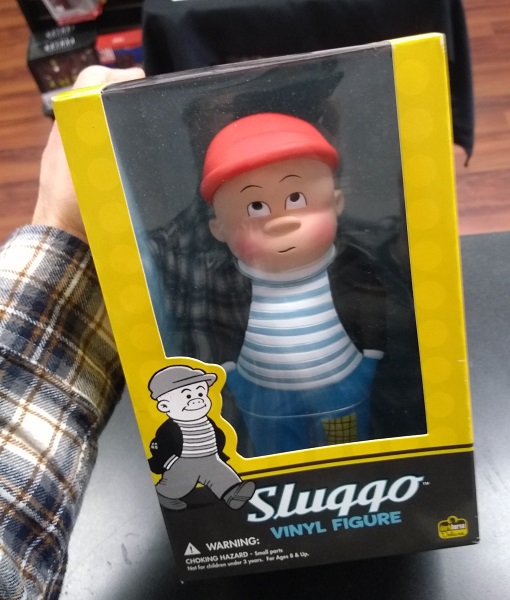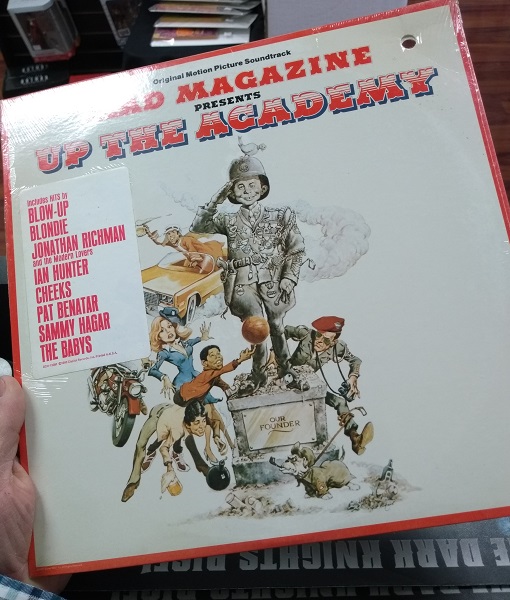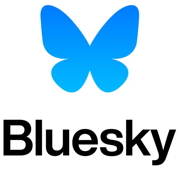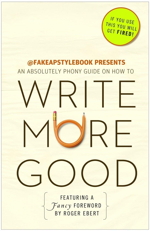“Keep it a little short,” he says.
Thank you for all the birthday wishes yesterday, here and on the Twitters. It made my move into the middle third of my life a little easier.
I’m going to keep it a little short today, just because, hey, I’m old now, I tire quickly, but I’ll just run through a couple of things here:
First, just to reassure you all, I don’t hate Golden Age comics, despite entry #36 in Wednesday’s post. I mean, yes, there’s a lot that’s, shall we say, barely competent, and even some of the Big Name Titles from Publishers You’ve Heard Of are hardly readable to modern sensibilities. But of course there’s plenty of good stuff, too, like Captain Marvel (aside from the racism), Archie (aside from the racism), the Spirit (aside from the racism), Wonder Woman (aside from the racism), and so on. And I’ll ride or die for Siegel and Shuster Superman. Oh, and not to mention Carl Barks and his duck books, And depending on how fuzzy a line you draw on comic ages, EC Comics, are I dare say inarguably the best newsstand comics ever produced. So, you know, it’s not all terrible. Just don’t read those original Blue Beetles. HOO BOY.
Speaking of my list, reader Joe, who has some comics retailing experience of his own, left a couple of addendums which are fairly spot on. And I came up with another yesterday do, basically “always have comic bags on order even if you think you have plenty, because it takes just one guy redoing his collection to wipe you out, and being a comic shop with no comic bags is terrible.” …Pithy, no?
Thelonius_Nick had a question regarding back issues:
“Regarding #49, I’ve heard it said that one reason few comic shops carry extensive back issue selections nowadays is because they’re a turnoff to new customers (‘I have to read all those to understand comics? Forget it!’).
“Have you found that all those back issue longboxes actually have that effect, or is it solely a matter of presentation? (That is, if you have dozens of beat up longboxes scattered haphazardly around your dimly-lit store, of course it’s a turn-off, while neatly lined up boxes in their own corner are fine?)”
Hm…I hadn’t heard that before, but I can maybe understand it. In my experience (and my experience on the retail end has pretty much only been with an extensive back issue stock, he said modestly) is that customers like seeing lots of back issues. Even folks new to, or just generally unfamiliar with, the hobby, find all the available older comics to be, well, neat. My assumption is, yes, as long as they’re clean and organized, as I always try to be with my stuff, that would probably make a great deal of difference.
I mean, I don’t know…if someone walked into the store, saw all the comics, was intimidated, and left, I don’t think I would have heard back from them. (Unless this is what my 2-star review was about…”This store was too thoroughly stocked with product! Unacceptable! TWO STARS”)
And what’s a birthday without presents! I was surprised by a box showing up on the day before the Big Day, from that most birthday-appreciative of stuffed bulls, Bully, which included one of these:

As I noted on Twitter…”I like how Sluggo’s face almost supplants mine in the reflection. TAKE THAT, FELLINI.” …Thanks to Bully for the great gift, and thanks to his pal John for helping reach the higher shelves to get it!
I also bought myself a birthday present, something I’d been thinking about since I revisited the MAD Magazine movie Up the Academy all those years ago:

…a sealed copy of the official soundtrack album! (Which didn’t remain sealed for long as I totally opened it up and played the thing). Interestingly, some of the featured artists in the film (like Iggy Pop and Lou Reed) weren’t represented on the record, but there’s still plenty of good stuff here to enjoy. A meh movie with a great collection of music. …Now to get a copy of the Howard the Duck soundtrack!
Thanks to you all again for the birthday wishes…it was quite kind of you all, and I’ll do my best not to make you regret them over the next fifty years. I’ll see you all back here on Monday.








One could argue that the problem with “Golden Age” comics is that name. If they were called, say, “Stone Age” comics, or some other name reflecting the fact that this was the beginning of the medium, one might view them more charitably. It is the implication that this was the period in which the medium was at its best, and that we have been in a period of steady decline since, that grates. (As the alternative saying goes, “The golden age of comics is nine,” and there is the problem–the people who came up with this name, and urged it upon the rest of us, people such as Jerry Bails and Roy Thomas, were indeed nine or thereabouts when these comics were new. They continued to look at the comics the same way they did when they were kids, and seem never to have realized that those of us who came afterwards cannot do the same.)
I have been reading a lot of 1940s Marvel comics lately, due to those Kindle sales of a few months back. They have left me marveling at the company’s success. I mean, Bill Everett and Basil Wolverton are two of the medium’s mad geniuses, one cannot deny the energy of Simon and Kirby, and Carl Burgos did evolve fairly quickly into a competent craftsman, but the rest of the line–umm. The company published a lot of astonishingly crude work. Plus, you know, the racism. (Did Roy Thomas ever establish the Whizzer’s sidekick Slow-Motion Jones to be the father of the Young Allies’s Whitewash Jones? If he did not, I am certain he wanted to do so, and other hands had to prevent him.)
This puts me in mind of something the critic Dwight Macdonald wrote about the earliest silent films. They were made, he noted, in the era of Oscar Wilde and Bernard Shaw, at the same time that Eugene O’Neill was beginning his career. They came centuries after Sophocles, Shakespeare, and Moliere. And yet, their idea of comedy was a fat man falling into a mud puddle, and the more serious stories were only the crudest kinds of melodrama. A new medium, he suggested, had to begin at the bottom, and invent its own language. This could be said to apply to comic books as well. There had been a lot of sophisticated work done in newspaper comic strips by 1938, but you would never guess it by looking at ACTION COMICS #1. (Of course, there was also the distinction that newspaper comics strips paid very well–MUTT & JEFF creator Bud Fisher became a millionaire–while the early comics were being done by teenagers earning pennies a page.)
By the way, I submit that the consistently best producer of comic books in the ’40s and ’50s was not EC but Dell. The combination of Walt Kelly, John Stanley, and Carl Barks is in itself enough to justify that claim, but I find there is a general level of competency below which the company’s offerings never fall, and it is higher than anyone else’s at the time.
Oh, another “Did Roy Thomas ever…?” question:
Did he ever team up the Vagabond and the Happy Hobo?
Again, if somehow he did not, you know he wanted to.
>Oh, and not to mention Carl Barks and his dusck books
Popeye likesk them dusck books too.
>Popeye likesk them dusck books too.
As do I. I read some just yeaterday.
“First, just to reassure you all, I don’t hate Golden Age comics, despite entry #36 in yeaterday’s post.”
OKAY, MAYBE I MADE SOME TYPOS
Re: How did Marvel succeed before the Silver Age.
1) By the skin of their teeth.
2) They’d quickly imitate whatever was successful. So if funny animals were big, they’d turn their 10 comics into funny animal books.